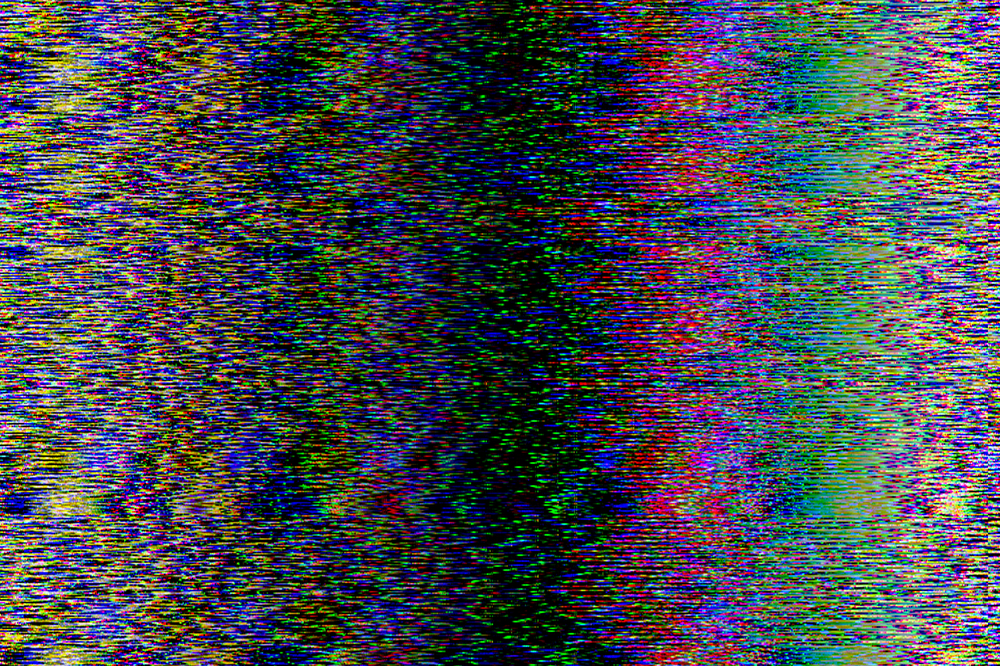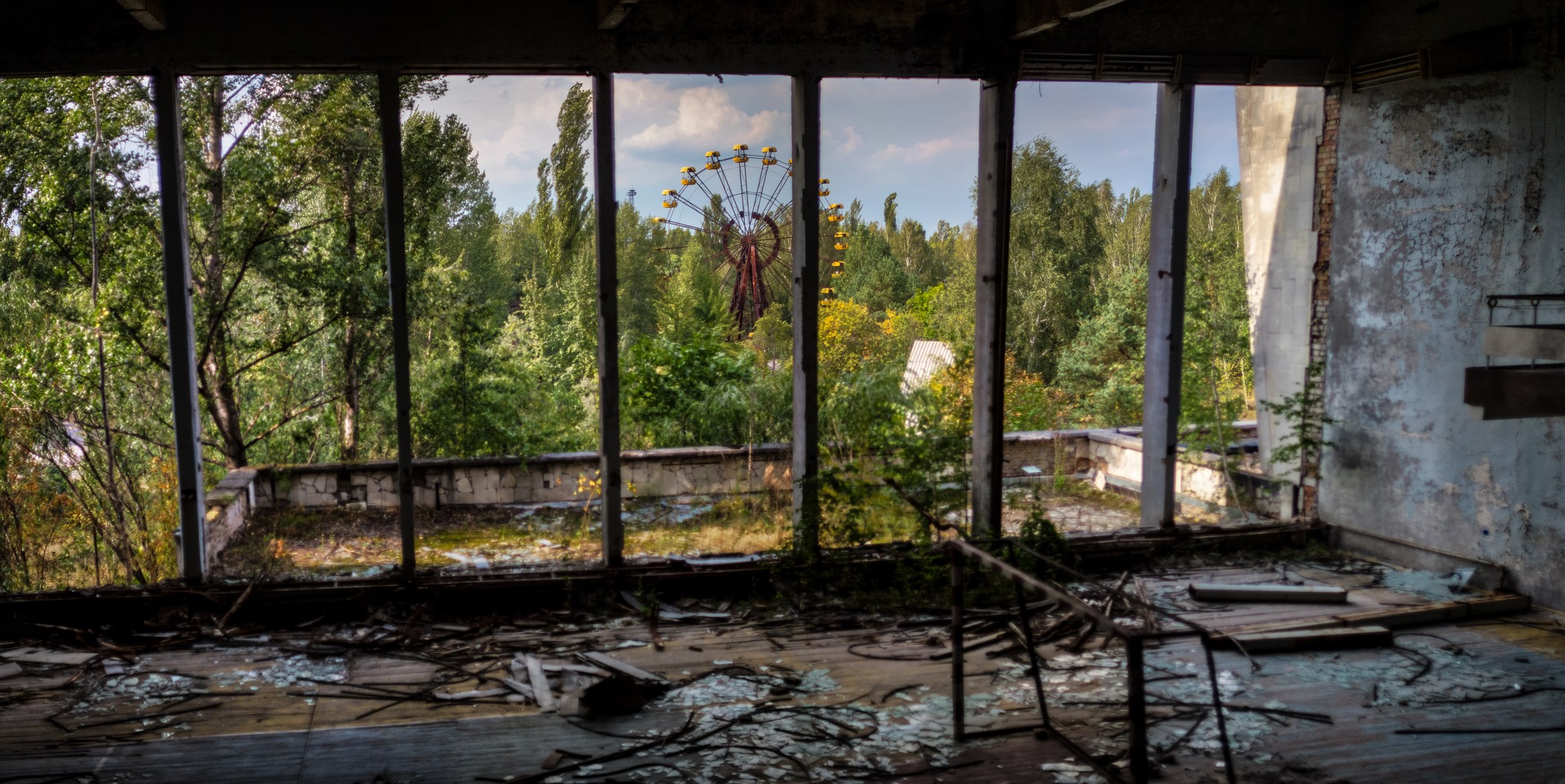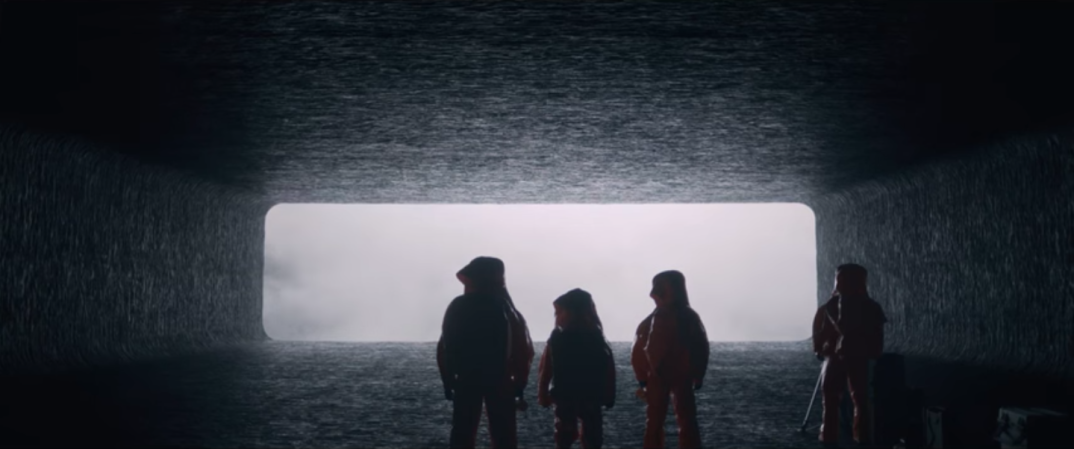On May 1st, CNN reported that Russian troops had stolen around $5 million worth of John Deere tractors and combines from the Russian-occupied Ukrainian city of Melitopol. At nearly $300,000 each, these pieces of farm equipment are extremely expensive, massive, and unbelievably high-tech. This last feature is particularly important for this story, which ended on a seemingly-patriotic note:
John Deere had remotely kill-switched the tractors once they became aware of the theft, rendering them useless to the Russians.
A remote kill-switch that thwarts invading Russian troops from using stolen Ukrainian goods is easy to read as a feel-good story about the power of creative thinking, and the promising future of new technological inventions. But some are concerned that the background details give us more reason to be fearful than excited. Notably, activist and author Cory Doctorow, whose writing focuses primarily on issues in new and emerging technologies, wants to redirect the attention of the reader to a different aspect of the Russian-tractors story. When John Deere manufactured these particular tractors, they had no idea that they would be sold to Ukraine, and eventually stolen by Russian troops. Why, then, had the company installed a remote kill-switch in the first place?
What follows in the rest of Doctorow’s blog post is an eerie picture. John Deere’s high-tech farm equipment is capable of much more than being shut down from thousands of miles away. Sensors built into the combines and tractors pull scores of data about machine use, soil conditions, weather, and crop growth, among other things, and send this data back to John Deere. Deere then sells this data for a wild profit. Who does Deere sell the data to? According to Doctorow, it was indirectly sold back to the farmer (who could not, until very recently, access it for free) by coming bundled with a seed package the farmers have to purchase from Monsanto. Doctorow goes on:
But selling farmers their own soil telemetry is only the beginning. Deere aggregates all the soil data from all the farms, all around the world, and sells it to private equity firms making bets in the futures market. That’s far more lucrative than the returns from selling farmers to Monsanto. The real money is using farmers’ aggregated data to inform the bets that financiers make against the farmers.
So, while the farmers do benefit from the collection of their data — in the form of improved seed and farm equipment based on this data — they are also exploited, and rendered vulnerable, in the data collection process.
Recent exposés on the (mis)uses of big data paint a picture of this emerging technology as world-changing; and not, necessarily, in a good way. Doctorow’s work on this case, as well as the plethora of other stories on big data manipulation and privacy invasion, can easily lead one to a position sometimes referred to as “techno-pessimism.” Techno-pessimism is a general bleak disposition toward technological advancement that assumes such advancements will be for the general worsening of society/culture/human life. The techno-pessimist is exactly what the name implies: pessimistic about the changes that technological “advancements” will bring.
Opposite the techno-pessimist is the techno-optimist. Nailing down a definition for this seems to be a bit trickier. Doctorow, who (at least once) identified as a techno-optimist himself, defines the term as follows: “Techno-optimism is an ideology that embodies the pessimism and the optimism above: the concern that technology could be used to make the world worse, the hope that it can be steered to make the world better.” Put in these terms, techno-pessimism seems akin to a kind of stodgy traditionalism that valorizes the past for its own sake; the proverbial old man telling the new generation to get off his law. Techno-optimism, on the other hand, seems common-sensical: for every bleak Black Mirror-esque story we hear about technology abuse, we know that there are thousands more instances of new technology saving and improving the lives of the global population. Yet, tallying up technology uses vs abuses is not sufficient to vindicate the optimist.
What can we say about our overall condition given the trajectory of new and emerging technology? Are we better-off, on the whole? Or worse?
What is undeniable is that we are physically healthier, better-fed, and better protected from disease and viruses. Despite all the unsettling details of the John Deere kill-switch tractors, such machines have grown to enormous sizes because of the unimaginable amount of food that individual farms are able to produce. Because of advances in the technology of farming equipment and plant breeding, farmers are able to produce exponentially more product, and do so quicker and with greater efficiency. Food can also now be bio-fortified, to help get needed nutrients to populations that otherwise would lack them. These benefits are clearly not evenly distributed — many people-groups remain indefensibly underserved. Still, living standards as averages have increased quite radically.
It is also clear that some of the most horrifying misuses of technology are not unprecedented. While many gasp at the atrocity of videos of violent acts going viral on message boards, human lust for blood sport is an ancient phenomenon. So, does techno-pessimism have a leg to stand on? Should the drive toward further technological advancement be headed despite the worrying uses, because the good outweighs the bad?
In his work Human, All Too Human, the 19th century German philosopher Friedrich Nietzsche penned a scathing review of what he took to be the self-defeating methods by which Enlightenment humanity strove toward “progress”:
Mankind mercilessly employs every individual as material for heating its great machines: but what then is the purpose of the machines if all individuals (that is to say mankind) are of no other use than as material for maintaining them? Machines that are an end in themselves—is that the umana commedia?
While there is no reason to read him here as talking about literal human-devouring machines, one can imagine Nietzsche applying this very critique to the state of 21st century technological advancement. We gather data crucial for the benefit of humanity by first exploiting individuals out of their personal data, leaving them vulnerable in the hands of those who may (or may not) choose to use this information against them. The mass of data itself overwhelms the human mind — normal rational capacities are often rendered inert trying to think clearly in the midst of the flood. Algorithms pick through the nearly infinite heap at rates that far exceed the human ability to analyze, but much machine learning is still a black box of unknown mechanisms and outcomes. We are, it seems, hurtling toward a future where certain human capacities are unhelpful, able to either be used fruitlessly, inefficiently, or else abandoned in favor of the higher machine minds. At the very least, one can imagine the techno-pessimist’s position as something nearly Nietzschean: can we build these machines without ourselves becoming their fuel?







